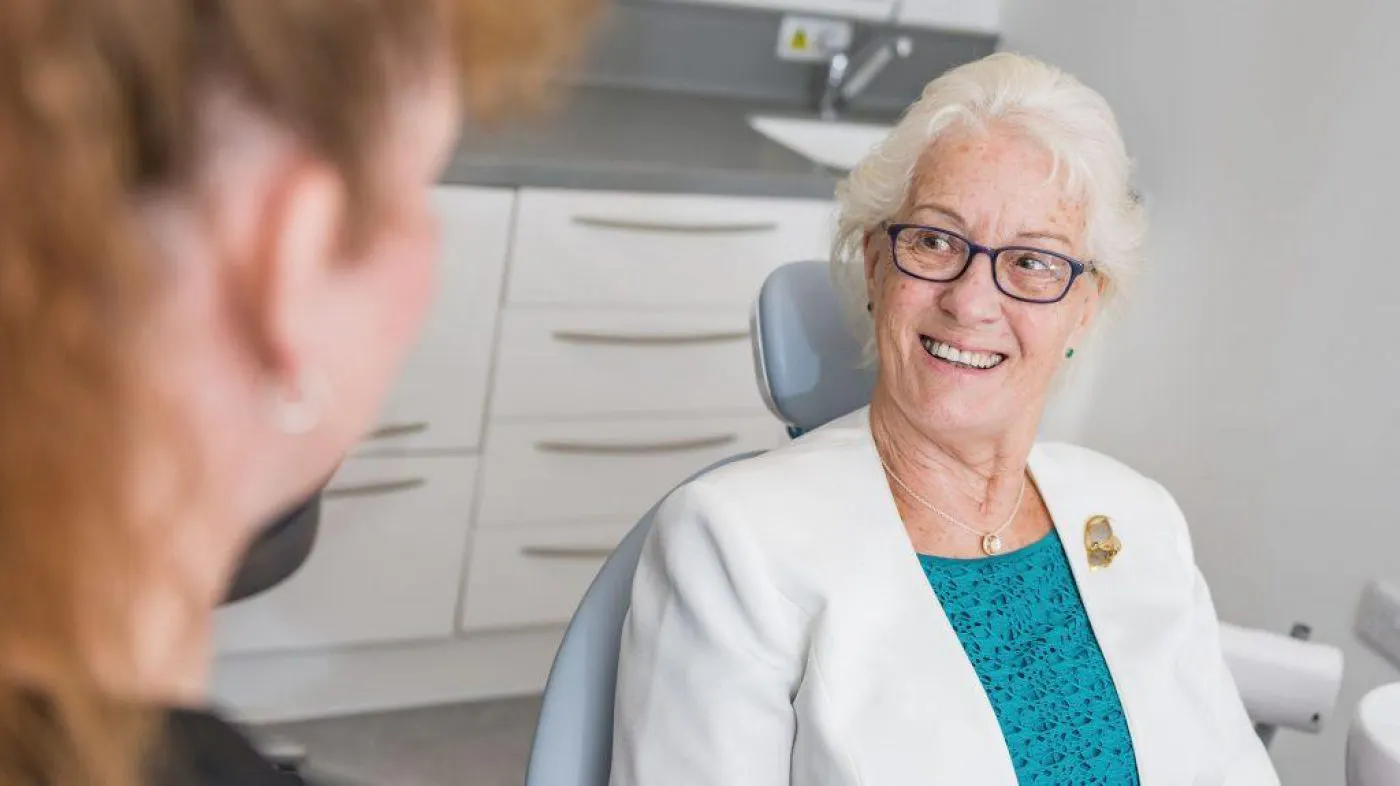What is Hypnosis?
Hypnosis is a state of mind produced either by oneself (auto or self hypnosis) or by responding to the suggestions of the therapist. It is usually accompanied by deep physical relaxation, a focusing of attention within yourself and a corresponding reduction in awareness of your surroundings. Daydreaming is a light hypnoidal state and other naturally occurring forms are common e.g. when you are completely absorbed in a good book.




